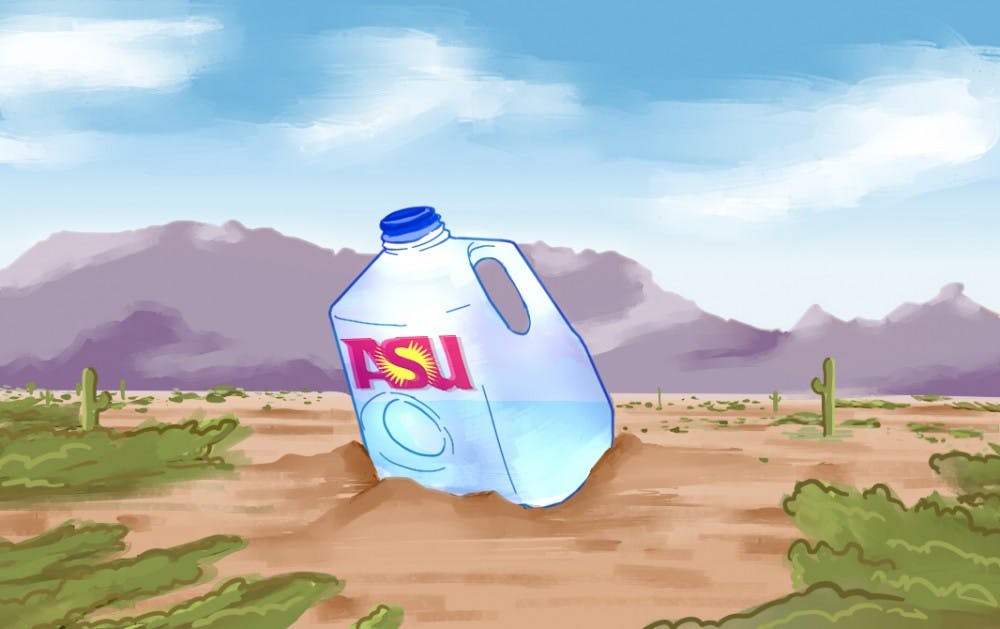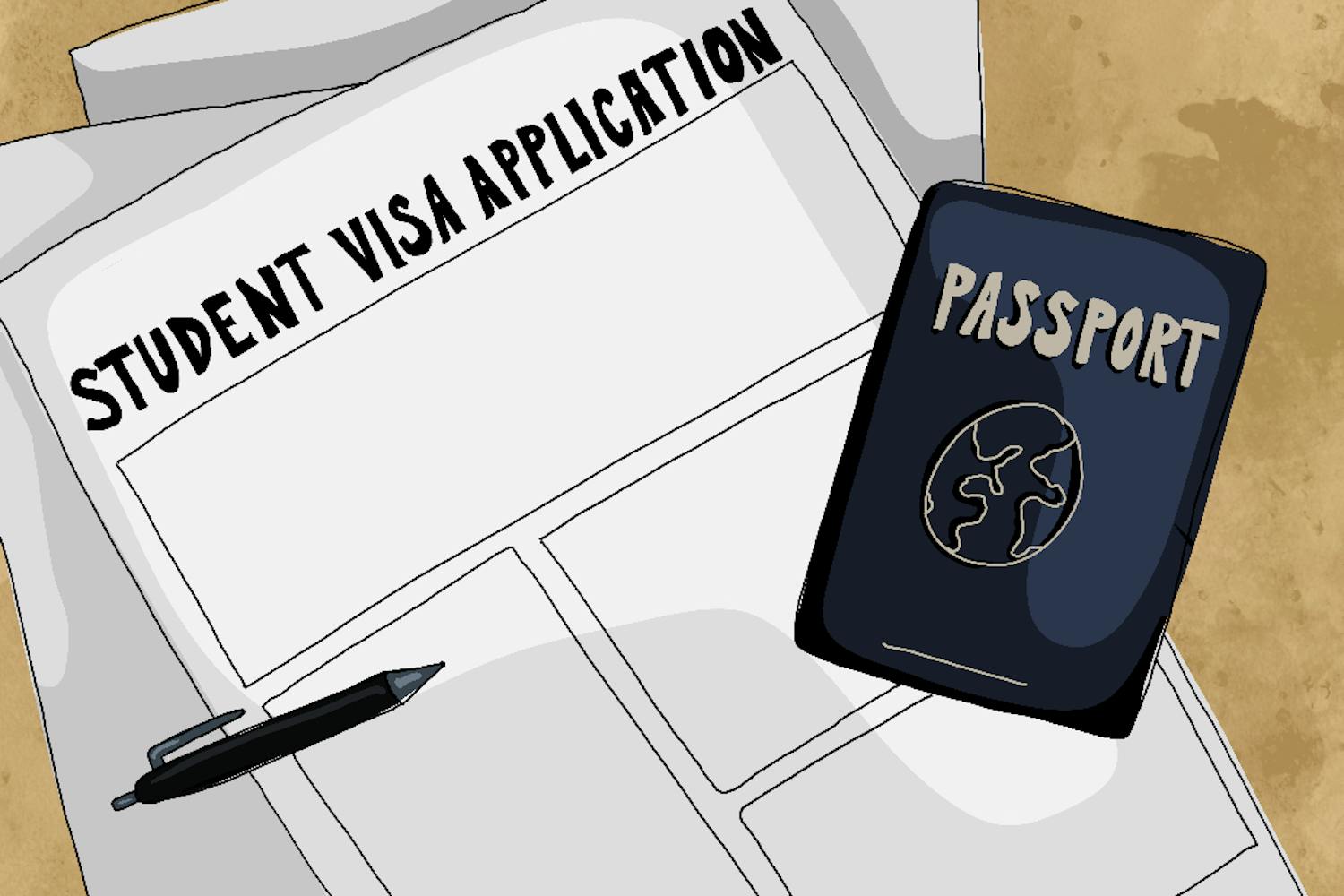In January 2018, ASU faculty associate Scott Warren was arrested on charges of concealing, harboring or shielding undocumented immigrants.
In simpler terms, Warren was arrested for giving undocumented immigrants food, water, shelter and helping them access medical attention.
Warren’s initial trial ended in a hung jury, and the next trial, which has been moved multiple times, is now set for Nov. 12.
This is a time when the ASU community should stand in solidarity with and actively express support for Warren.
Students should send the message that humanitarian aid should not be considered a crime and that furthermore, it should be legally protected. The lack of ability for the initial jury to come to a consensus is a sign that these charges were not dispatched for a defensible reason.
No Más Muertes, the humanitarian group for which Warren is a volunteer, said Warren’s arrest was considered suspicious due to it taking place just hours after the group exposed Customs and Border Protection agents for destroying sites of water for migrants.
Amy Liu, the vice president of the student group No Más Muertes at ASU and a junior studying environmental design, said the group has seen more support than backlash over the course of the trial.
Liu said the trial has become a “motivator for us to continue our humanitarian work.”
One of the most prevalent questions that has plagued the humanitarian aid debate for over a year now is whether or not providing another person with basic human needs for survival, such as those that Warren provided, is considered a crime under the harboring statute.
Questions of legality aside, just because something may currently be illegal is not a direct indicator that it is immoral.
Morality and societal principles are often associated under common law, and morality has a role in determining future legal precedent. This should serve as motivation for the ASU community to support one of our own, especially as federal charges were dropped for four other No Más Muertes volunteers.
If it is not determined to be legally acceptable in court, it is an issue that Arizona constituents should press their respective legislators on during the current legislative interim. This can result in a legislator introducing a bill protecting humanitarian aid during the 2020 Arizona legislative session.
This is especially necessary as providing food, water or other needs is not explicitly defined as illegal in the harboring statute which has been used to prosecute Warren.
This shows that the prosecution does not have intentions to defend the law, but to strike fear into humanitarian groups, including those present at ASU such as the ASU Amnesty International and No Más Muertes chapters.
This further creates a humanitarian issue on the borderlands, where over 2,100 bodies categorized as undocumented immigrants were found between 2001 and 2013.
“We can’t let people die in the desert, and we can’t let U.S. Border Patrol continue to cage children and separate families," Liu said.
In addition to the ASU community supporting Warren and challenging the legality surrounding helping undocumented people, the ASU administration should pledge to invite him back to teach at the University if he is acquitted.
“What he’s doing in relation to the University and what he’s doing for humanitarian rights is important for students to understand,” Liu said.
Reach the columnist at jguzma19@asu.edu or follow @JennyGuzmanAZ on Twitter.
Editor’s note: The opinions presented in this column are the author’s and do not imply any endorsement from The State Press or its editors.
Want to join the conversation? Send an email to opiniondesk.statepress@gmail.com. Keep letters under 500 words and be sure to include your university affiliation. Anonymity will not be granted.
Like The State Press on Facebook and follow @statepress on Twitter.




